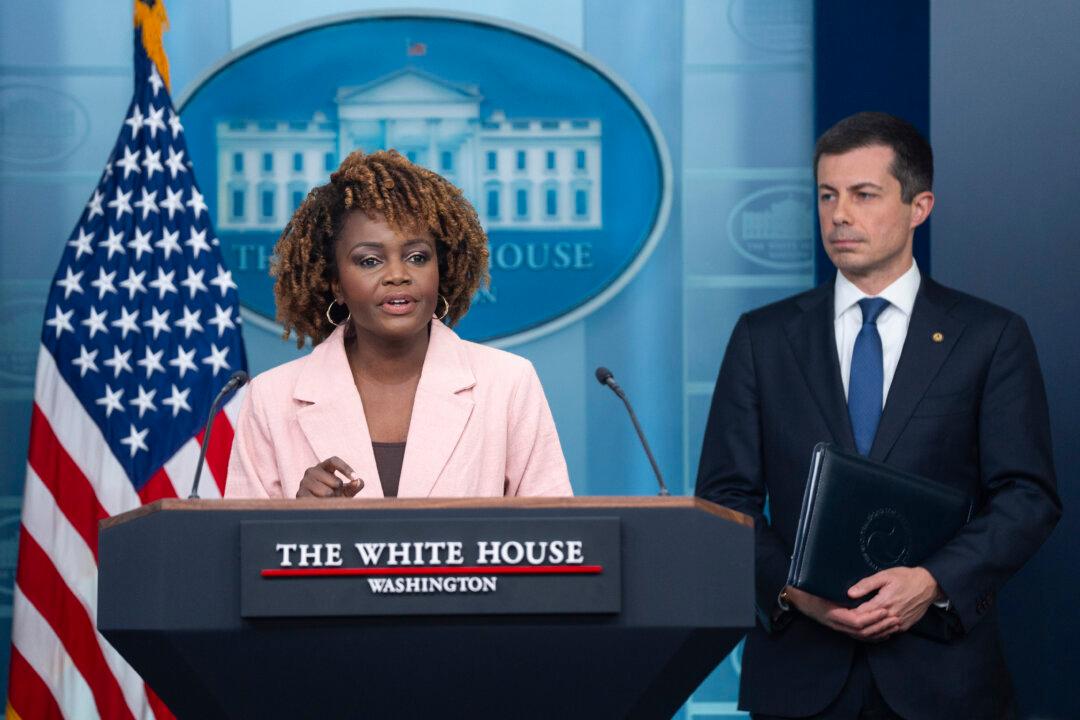WASHINGTON—Talks have restarted aimed at bringing top Israeli officials to Washington to discuss potential military operations in Gaza, after Prime Minister Benjamin Netanyahu canceled a planned visit this week because he was angry about the U.S. vote on a U.N. cease-fire resolution, the White House said Wednesday.
“So we’re now working with them to find a convenient date that’s obviously going to work for both sides,” said press secretary Karine Jean-Pierre.





